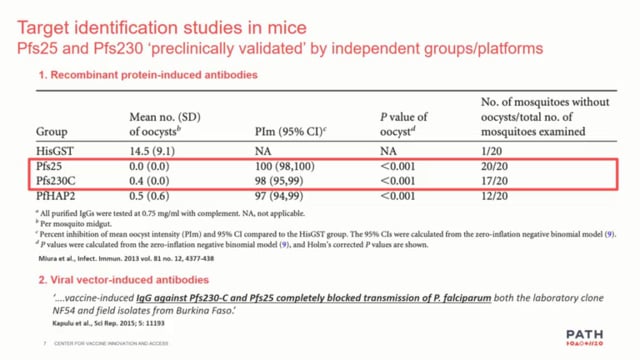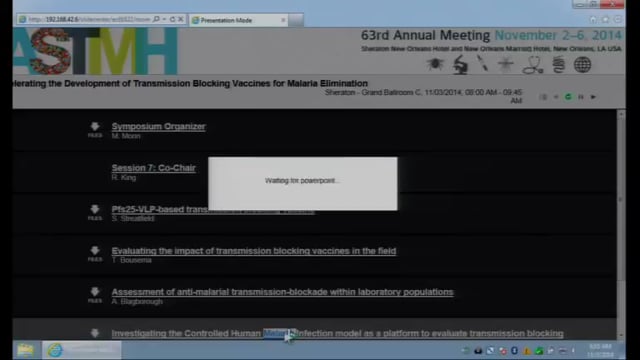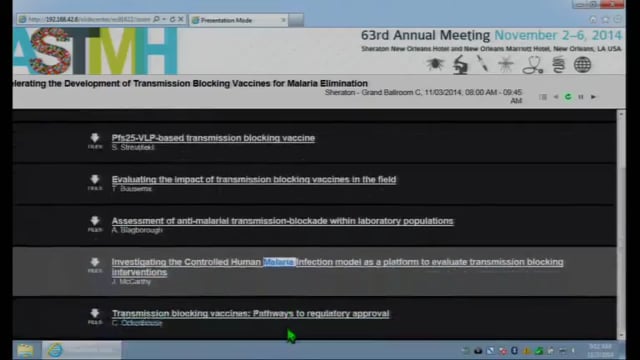Last Updated: 02/12/2024
Functional human antibodies that target P. falciparum gametocytes to reduce malaria transmission
Objectives
To generate preliminary data on the dynamics of malaria parasite transmission.
Specific Objectives:
- To discover how antibodies induced during a first infection target specific proteins to interrupt transmission.
- To focus primarily on identifying key targets of antibodies on transmissible parasites that effectively reduce transmission.
- To assess the ability of serum antibodies to recognise a panel of proteins expressed by transmissible parasites.
- To correlate antibody levels with the transmission potential of parasites within the trial.
This work directly addresses the malaria elimination strategy of the WHO Malaria Vaccine Roadmap and the Gates Foundation, calling for the urgent development of transmission-blocking vaccines. Our research showed that antibodies against the sporozoite4 and asexual parasites5 play a key role in recruiting complement proteins and immune cells that circulate in the bloodstream. Antibodies alone are only partially effective, and the recruitment of complement and immune cells enhances their functional activity to result in parasite death. However, these functional antibody mechanisms have not been evaluated in the context of sexual-stage gametocytes. Malaria is the leading cause of mortality worldwide, affecting over 200 million people. Thus, strategies to develop highly effective vaccines that protect against malaria remain a high priority. In particular, the development of vaccines that interrupt malaria transmission, known as transmission-blocking vaccines, are currently recognised as a key goal for long-term malaria elimination.
We will use samples currently available from a clinical trial of experimental malaria infection involving malaria-naïve Australian adults (n=17 at 2 timepoints, Day 0 and Day 36). This highly unique and innovative human model will enable us to specifically determine the type of antibodies generated towards gametocytes, without the influence of prior malaria exposure. Further, data available on the transmissibility of gametocytes from humans to mosquitoes, will allow us to assess the correlation between transmission potential and the role of functional antibodies.
May 2019 — Oct 2023
$15,000


